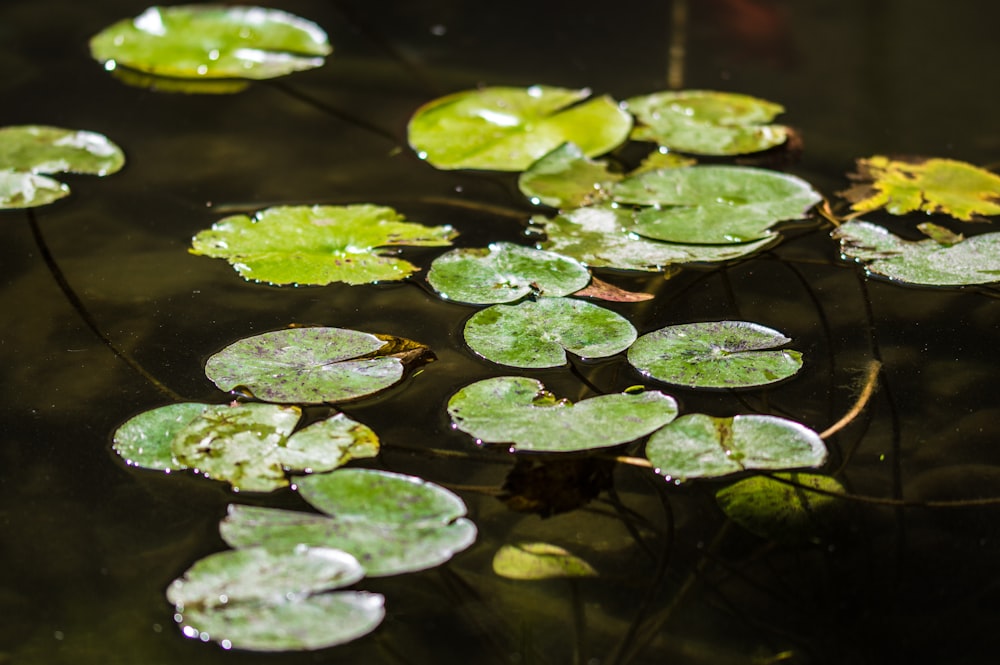Conservation Projects & Resources
Water Quality & Monitoring
CT Lake Watch
Community-Based Lake and Pond Water Quality Monitoring CT Dept. of Energy and Environmental Protection (CTDEEP) The Connecticut Lake Watch network is a statewide volunteer (i.e., community science) water quality monitoring program coordinated by CTDEEP as part of the larger Connecticut Volunteer Water Quality Monitoring Program. Are you a volunteer water quality monitor at your lake or would you like to be? Or maybe your community has a water quality monitored professionally? Understanding the health of individual lakes is important but so is understanding regional trends. Learn how you can contribute to a better understanding of state-wide and regional water quality issues by clicking the link below.
bloomWatch, cyanoMonitoring and
cyanoScope
There is still much to be learned about cyanobacteria and the problems they can present, and you can help. Learn about the Cyanobacteria Monitoring Collaborative where citizen scientists like you can help environmental scientists better understand where, when, and why harmful algal blooms (aka HABs) occur.
Volunteer Water Quality Monitoring Toolkit
Lake Lillinonah's Friends of the Lake partnered with Fairfield University's Dr. Jennifer Klug and began a volunteer water quality monitoring program in 2006.
Today they are proud to share with other lake organizations their Citizen-Led Environmental Observatory (CLEO) tool kit to help your lake get started monitoring.
The kit is a guide for establishing a volunteer training program including detailed methods for measuring the presence of algal blooms as well as variable that contribute to algal growth.
Follow the links below to download the free toolkit and see the webpage for CLEO Lillinonah which includes some of Lake Lillinonah's annual reports.
Aquatic Invasive Species (AIS)
Resources
The mission of The Connecticut Agricultural Experiment Station (CAES) is to develop, advance, and disseminate scientific knowledge, improve agricultural productivity and environmental quality, protect plants, and enhance human health and well-being through research for the benefit of Connecticut residents and the nation. One of their important programs is the Invasive Aquatic Plant Program (IAPP). Since 2002, the scientists in the IAPP have been providing aquatic plant surveys to the public in an effort to understand the spread of AIS in CT and the effects they have on the ecosystems. Learn more about this program, the services they provide, and how to request a survey of your lake.
Prevention With The Invasive Investigator Program
The volunteer Invasive Investigator Program is designed specifically to help educate people on ways to keep our waters clean and prevent the spread of aquatic hitchhikers into the lakes and rivers of Connecticut. The Invasive Investigators will check for invasive species and collect information about where boats have been, if any invasive species were found, and what if any cleaning steps were done prior to launch." (DEEP's website)
